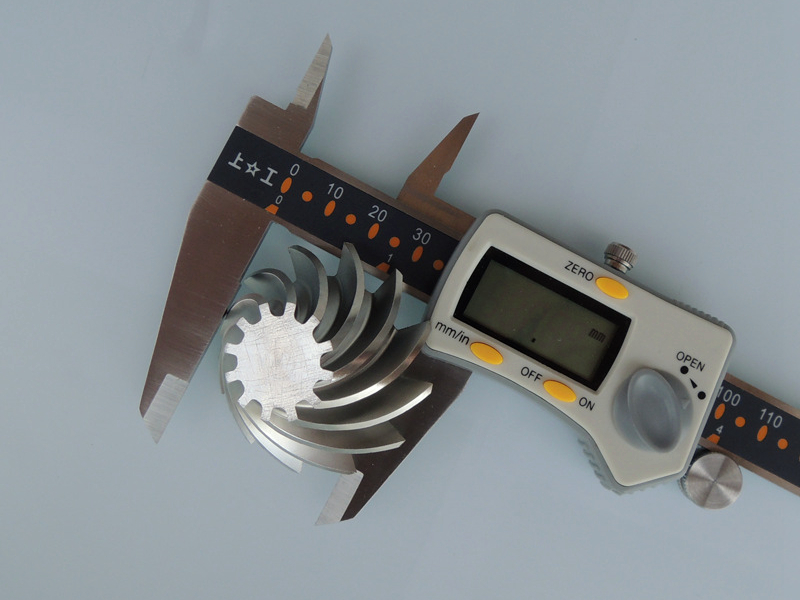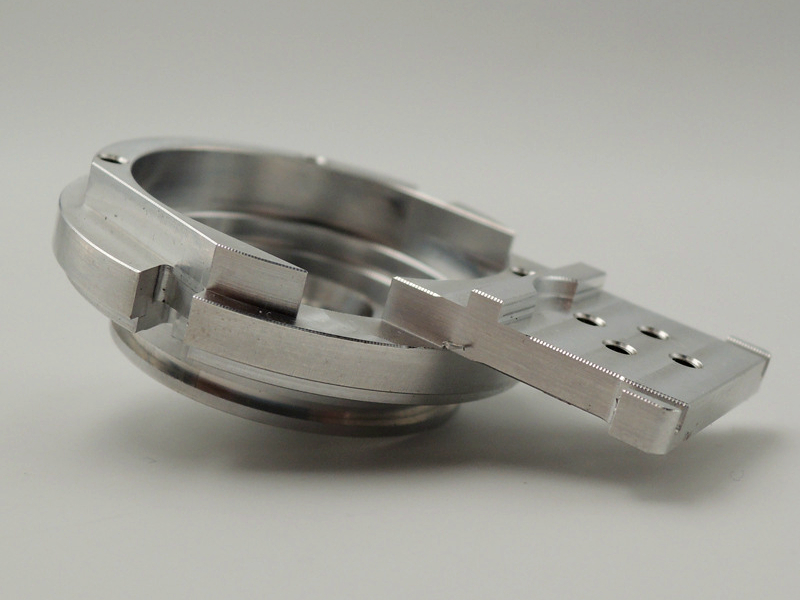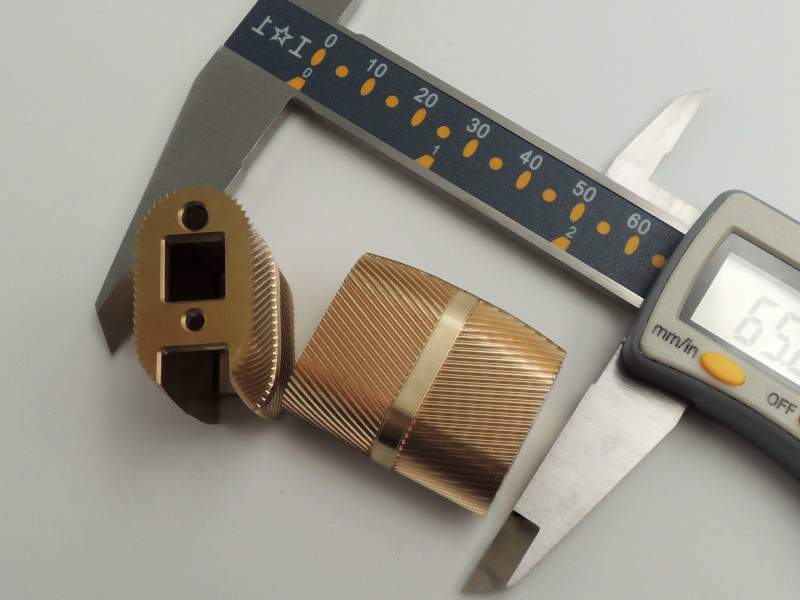How do I select the right metal for both machining speed and durability?
How Do I Select the Right Metal for Both Machining Speed and Durability?
Key Selection Criteria: Balancing Speed and Strength
Choosing the right metal for CNC machining involves finding an optimal balance between machinability (how quickly and cleanly a material can be cut) and durability (its strength, hardness, and corrosion resistance). The best choice depends on your part’s functional requirements, budget, and end-use environment.
Top Metal Choices for Machining Speed and Durability
Aluminum 6061
Excellent machinability and corrosion resistance
Tensile strength: ~310 MPa
Used in aerospace, automotive, and robotics
Aluminum 6061 machining offers high feed rates and reduced tool wear
Brass C360
Highest machinability rating (100%)
Good corrosion resistance and dimensional stability
Ideal for automation components, valves, fittings, and connectors
Brass CNC machining delivers tight tolerances at high speed
Stainless Steel SUS303
Moderate machinability with high wear and corrosion resistance
Tensile strength: 500–700 MPa
Common in medical devices, food equipment, and marine parts
SUS303 stainless steel balances strength and ease of cutting better than SUS304
Titanium Ti-6Al-4V
Excellent strength-to-weight ratio and corrosion resistance
Tensile strength: ~900 MPa
More difficult to machine, but ideal for aerospace, medical, and oil and gas parts requiring durability
Titanium CNC machining needs slower speeds but yields long-lasting components
Practical Material Selection Tips
For high-volume production with moderate mechanical requirements: Choose Aluminum 6061 or Brass C360.
For high-strength parts in tough environments: Use Stainless Steel 303/304 or Titanium Ti-6Al-4V, understanding trade-offs in machining time.
Consider surface treatments such as anodizing, passivation, or electropolishing to boost durability without changing the base material.
Neway’s CNC Expertise in Material Optimization
Neway’s engineers work closely with clients to select the most appropriate material for their part’s design, tolerance requirements, and working environment. We provide precision machining with ±0.01mm accuracy and multi-axis CNC services for complex geometries in any metal.
Explore material services:



